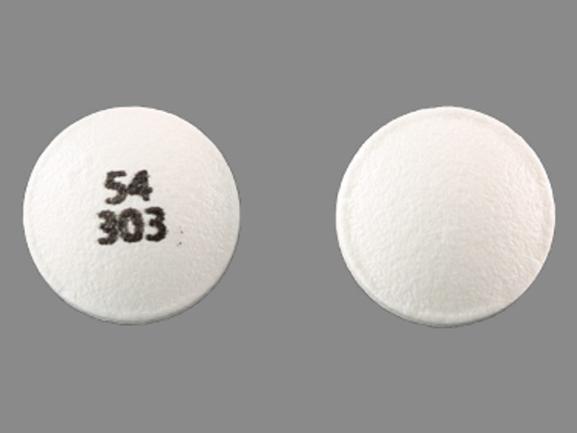Propantheline Dosage
Medically reviewed by Drugs.com. Last updated on Jan 27, 2025.
Applies to the following strengths: 15 mg; 7.5 mg
Usual Adult Dose for:
Additional dosage information:
Usual Adult Dose for Peptic Ulcer
Initial dose: 15 mg orally 30 minutes before each meal AND 30 mg orally at bedtime
Comments:
- The initial daily dose is 75 mg.
- Dose adjustments should be determined by the patient's age and tolerance.
- This drug should be used with caution in older patients.
Use: Adjunctive treatment of peptic ulcers
Renal Dose Adjustments
Use with caution.
Liver Dose Adjustments
Use with caution.
Precautions
CONTRAINDICATIONS:
- Hypersensitivity to the active component or to any of the ingredients
- Intestinal atony of older patients and/or those who are debilitated
- Myasthenia gravis
- Obstructive gastrointestinal tract disease (e.g., achalasia, paralytic stenosis, pyloroduodenal stenosis)
- Obstructive uropathy (e.g., prostatic hypertrophy-related bladder neck obstruction)
- Patients with glaucoma
- Severe ulcerative colitis/toxic megacolon complicating ulcerative colitis
- Unstable cardiovascular adjustment in acute hemorrhage
Safety and efficacy have not been established in children.
Consult WARNINGS section for additional precautions.
Dialysis
Data not available
Other Comments
Administration advice:
- This drug should be taken at least 30 to 60 minutes prior to meals.
- If needed, antacid and/or absorbent antidiarrheal agents should be taken at least 2 to 3 hours from doses of this drug.
Storage requirements:
- Protect from light and moisture; store at/below 25C.
General:
- Risks and benefits of treatment should be considered before treatment.
Patient advice:
- Inform patients that this drug may cause drowsiness or blurred vision, and they should avoid driving or operating machinery if these side effects occur.
- Advise patients to speak to their healthcare provider if they become pregnant, intend to become pregnant, or are breastfeeding.
More about propantheline
- Check interactions
- Compare alternatives
- Reviews (3)
- Drug images
- Side effects
- During pregnancy
- Drug class: anticholinergics/antispasmodics
- Breastfeeding
- En español
Patient resources
Other brands
Professional resources
Other brands
Related treatment guides
See also:
Further information
Always consult your healthcare provider to ensure the information displayed on this page applies to your personal circumstances.


